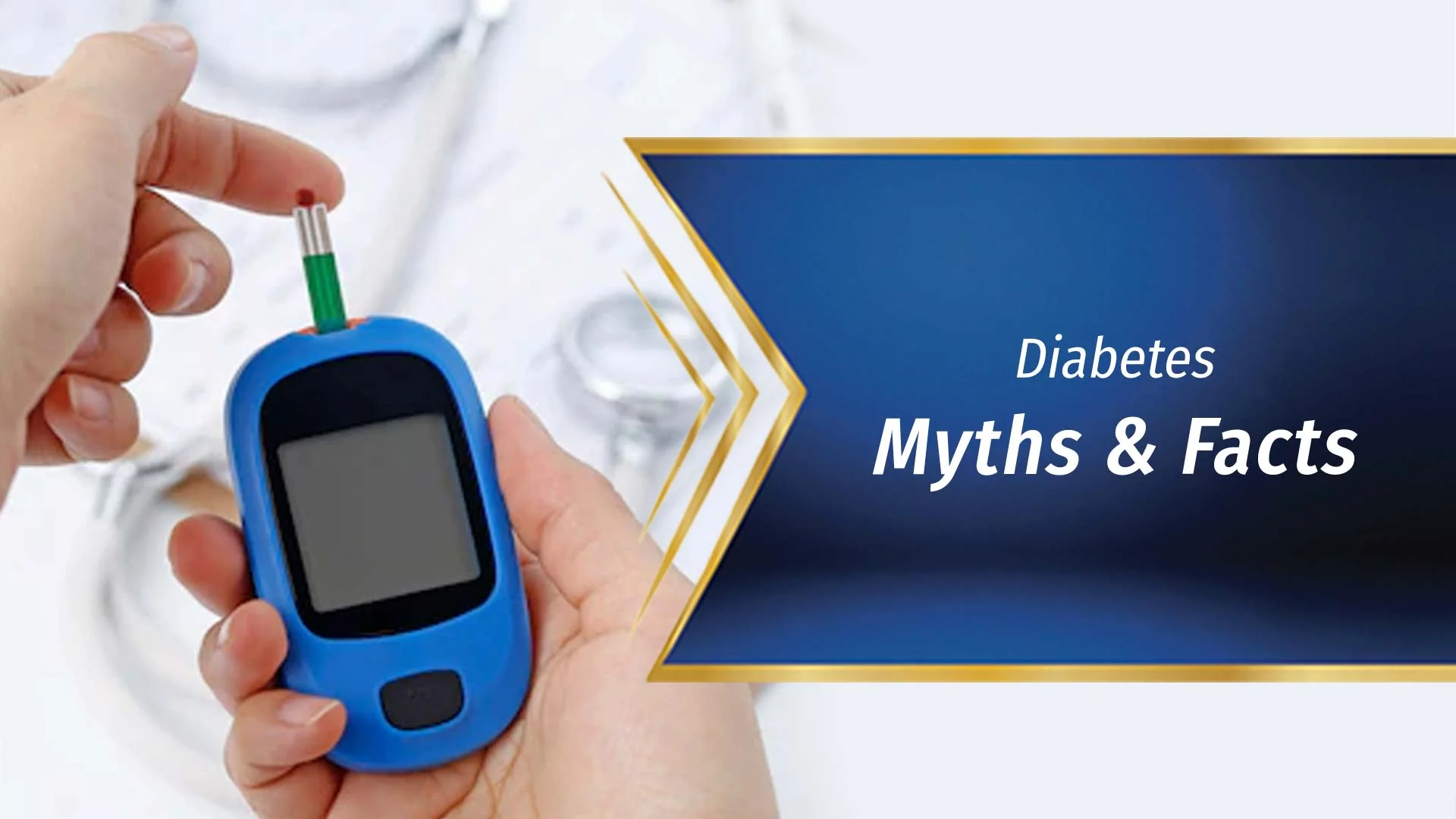Diabetes Philippines: Myths vs. Facts You Must Not Ignore

Why Dispelling Misconceptions is Important
Diabetes is the most prevalent chronic disease in the Philippines, but with how widespread it is, much myth surrounds it. These misconceptions create unhealthy lifestyle choices, delayed treatment, or unwarranted fear. Through distinguishing fact from fiction, Filipinos can better act on prevention, management, and overall health.
Myth 1: Only Older Adults Get Diabetes
Fact: While the risk of type 2 diabetes increases with age, younger Filipinos are now being diagnosed at alarming rates. Unhealthy diets, sedentary lifestyles, and stress are contributing to early onset. Even teenagers and young adults can develop the condition.
This is why diabetes screening Philippines programs are crucial for all age groups, not just older adults.
Myth 2: Consuming Too Much Sugar Alone Leads to Diabetes
Fact: Diabetes is not caused by sugar alone. It occurs when the body can’t use or produce insulin effectively. But too much sugar and refined carbohydrates lead to obesity, which increases the risk. Heredity, inactivity, and other lifestyle choices also contribute to it.
Still, cutting down on sweetened beverages and processed food is still a key step to prevention.
Myth 3: If You Feel Fine, You Don’t Have Diabetes
Fact: It is possible for many individuals to have diabetes without any noticeable symptoms. Others only find out when complications arise, like eyesight or kidney problems. Testing regularly, like a diabetes test Philippines, is the only guaranteed method of determining blood sugar levels.
Myth 4: Herbal Remedies Can Replace Medication
Fact: Certain natural foods, such as ampalaya (bitter gourd), might support the management of blood sugar, yet cannot substitute for prescribed medication. Depending only on herbal remedies might delay proper treatment and result in complications. Always consult a physician before abandoning or skipping medication.
Myth 5: Diabetes Always Leads to Serious Complications
Fact: Though untreated diabetes can lead to serious health issues, effective management has a big impact. Good control through regular blood sugar test Philippines, diet, exercise, and physician advice can allow diabetics to live long and healthy lives.
Myth 6: People with Diabetes Can’t Eat Carbohydrates
Fact: Carbs are not the enemy. The key is choosing the right type and amount. Whole grains, brown rice, and sweet potatoes are healthier options than white rice or sugary bread. Portion control and balanced meals help keep blood sugar stable.
Myth 7: Insulin Means You’ve Failed at Managing Diabetes
Fact: Insulin isn’t punishment. Some individuals who have type 2 diabetes eventually need insulin to maintain their condition in check, whereas others who have type 1 diabetes need insulin from the beginning. Taking insulin is merely another tool for proper control and not a reflection of failure.
Why Families Need the Right Information
Diabetes doesn’t only affect the individual—it touches the whole family. Families who are guided by myths will discourage frequent testing or postponing treatment. Families who know the facts, however, promote healthy food preparation, exercise, and frequent checkups.
Involving loved ones in inexpensive diabetes screening Philippines activities or a simple blood sugar test Philippines aids in the early detection of problems and keeps everyone in check.
Fighting Misinformation Tips
- Use Validated Sources – Always verify medical advice from doctors or trusted health organizations.
- Empower Frequent Testing – A **diabetes test Philippines** gives explicit, science-based results.
- Support Open Discussions – Discussing health without stigma or shame makes people reach out for help.
- Empower the Community – Schools, offices, and barangays can hold awareness sessions.
- Avoid Quick Fixes – Anything that claims to have an overnight cure is probably a myth.
Final Thoughts
Misinformation regarding diabetes can be as detrimental as the disease itself. By distinguishing facts from myths, Filipinos can make proper choices, promote frequent testing, and support health-conscious lifestyles. With community diabetes screening Philippines initiatives to do-it-yourself blood sugar test Philippines kits, tools are now accessible—what is needed is using them with correct information.
